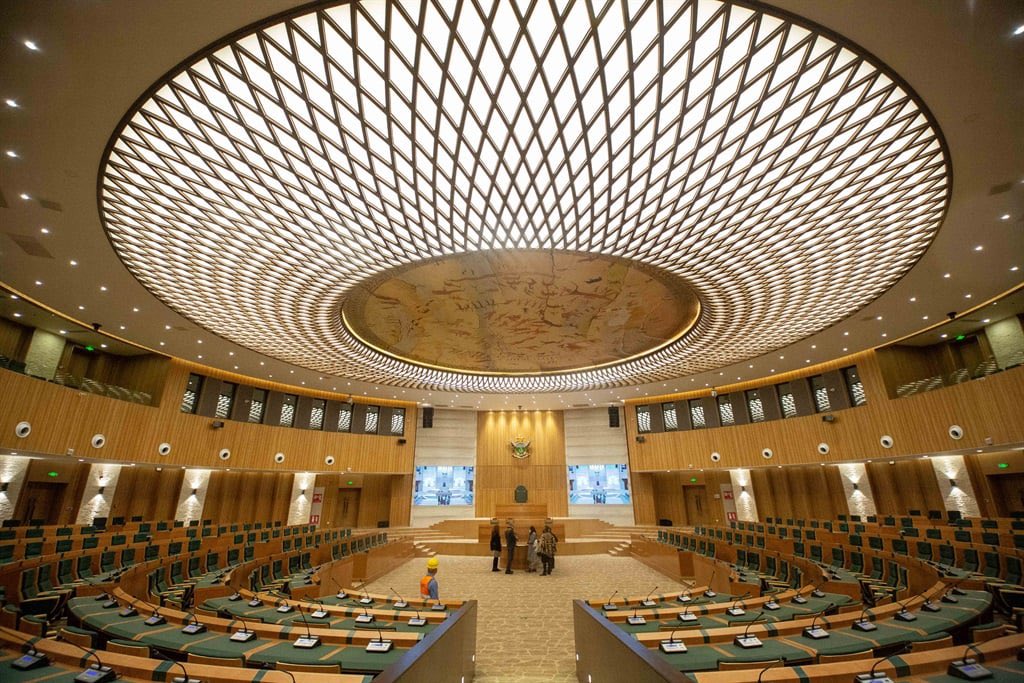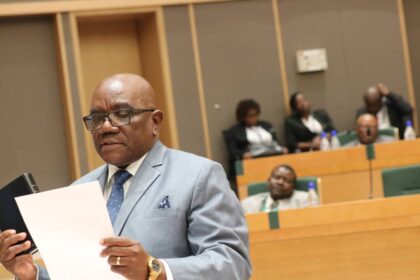By Daniel Chigundu
Citizens Coalition for Change (CCC)which is fronted by Nelson Chamisa is going to get 27 seats for Proportional Representation.
There are 60 seats under the Proportional Representation clause that was introduced in 2013 and Zanu PF is going to get 33 due to its better performance in the general elections.
For Chamisa, the 27 seats will see his party ending up with about 103 seats in the National Assembly including the three seats from the youth quota.
Citizens Coalition for Change got 73 seats from the 209 that were on offer on the 23rd of August when Zimbabwe held its general elections.
Zanu PF with its 33 proportional representation seats will see its tally rising to 176 since it got 136 plus 7 seats from the youth quota.
The 60 seats were created in 2013 with a view to increase the number of women’s representation in Parliament which has largely been going down.
In the 2023 general elections, only 70 women contested for Parliament, while only one woman managed to get nominated for President and contested against 10 men.
The proportional representation clause, is suppose to give courage and confidence so that they will be able to contest against males.
However, the clause has largely been criticised by both males and women, who argue that the clause is actually the status of women in Politics worse, as they will be seen to be powerless and unable to compete without quotas.
Former Norton legislator Temba Mliswa at one point labeled the seats as BACOSSI, likening them to a humanitarian program that was previously initiated by the Reserve Bank of Zimbabwe several years ago.
The 10th Parliament of Zimbabwe which has just been voted for, will a lot of new faces and will also be missing a lot of familiar faces.
It will be without the likes of Joseph Chinotimba, Tendai Biti, Settlement Chikwinya, Fortune Chasi, Mayor Wadyajena and Ziyambi Ziyambi, among many others.



